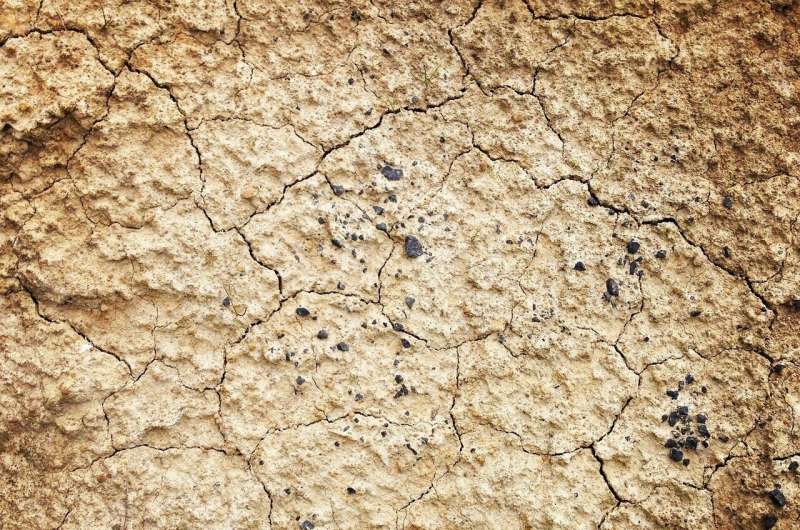Credit: CC0 Public Domain
Soil bacterial communities influence crop success and agricultural sustainability by interacting with plants in a variety of ways, from exchanging nutrients to influencing plant susceptibility to infection.
Sue Ishaq, an assistant professor of animal and veterinary sciences in the University of Maine's School of Food and Agriculture, recently participated in a project that examines how these communities respond to different wheat production systems throughout the seasons.
The study found that seasons, which are rarely included in these evaluations; weed diversity; and farming management systems all influence soil microbial communities. The findings indicate that it is critical to incorporate or address seasonality in soil sampling for microbial diversity.
The paper, titled "Soil bacterial communities of wheat vary across the growing season and among dryland farming systems," was recently published in the journal Geoderma.
More information: Suzanne L. Ishaq et al. Soil bacterial communities of wheat vary across the growing season and among dryland farming systems, Geoderma (2019). DOI: 10.1016/j.geoderma.2019.113989
Provided by University of Maine
























